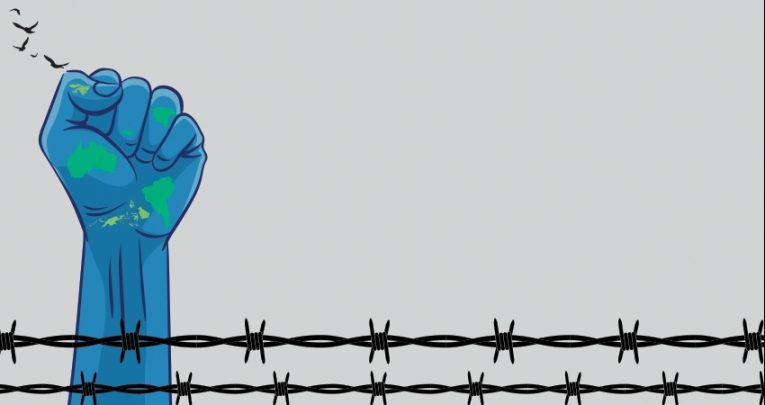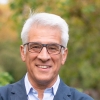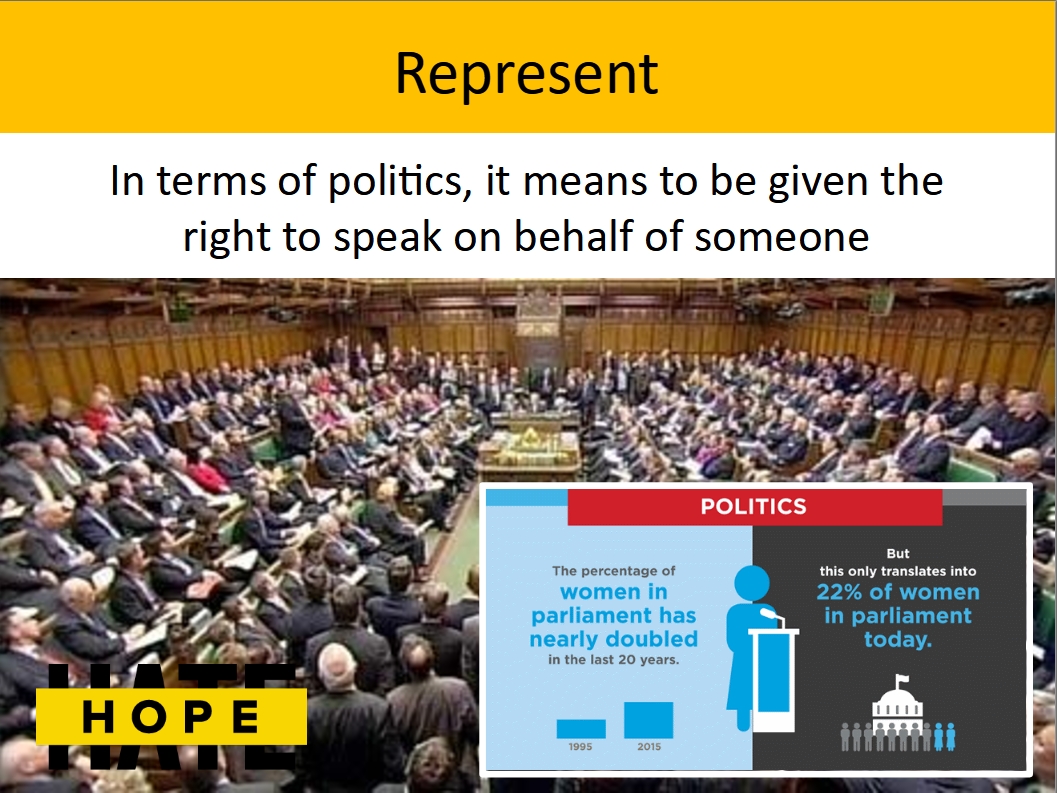Conflicts – Healing divisions and promoting peace in school

Steve Chalke reflects on how schools ought to respond to the personal and emotional impact of contemporary conflicts and warfare

- by Steve Chalke

It can be difficult for us all, particularly children and young people, to comprehend the harm, suffering, pain and challenges of bringing peace to the Middle East.
Our 54 Oasis schools and 32,000 students are a diverse family of many faiths, cultures and backgrounds, with different traditions and experiences. What’s happening in Israel and Gaza – as well as in Ukraine and elsewhere – can have repercussions for them, their families and friends.
As school leaders, it’s our responsibility to take on difficult challenges and never brush under the carpet what’s happening in the world. Over recent months, we’ve had to respond to children’s fears and anxieties concerning conflicts and war, at the same time as helping them understand important messages of peace and reconciliation, rooted in the clear belief that there is always a different way open to us all that can end division and hate and build peace.
Concflict reflection opportunities
It’s never enough to just talk to children about ‘peace’. We must encourage them to both believe in it and work at it. We remind children that we must build peace with those who we might disagree with, and with those whose cultures, perspectives and opinions can be very different to our own – but this can require courage.
As part of these efforts, we’ve developed a ‘Stop Hate! Build Peace!’ resource pack to help our teachers deliver learning and reflection opportunities in response to current global conflicts and violence via assemblies, class discussion and other activities.
Before the 2023 Christmas holidays we held a peace vigil in which all our schools took part, where we remembered those who have been robbed of their lives through war in Israel, Gaza, Ukraine, Russia and elsewhere around the world – including as a result of the hate and violence we sometimes see in our own country and communities.
Standing together
The ‘Stop Hate! Build Peace!’ resources are age-appropriate to different cohorts, and take into consideration the context of each school and local community. We encourage our teaching staff to use their professional judgement when deciding the level at which to pitch the resources and accompanying ideas.
Our priority is to ensure all of our children can stand together against hate, and find ways to stop hate through the building of relationships across divides and instigating initiatives that promote peace.
I believe our role in schools is to facilitate a deeper understanding of – and constructive response to – the conflict between Israel and Palestine, and encourage a spiritually reflective response.
Trending
We make sure our teachers have advice to share with students when the news makes them feel anxious or overwhelmed. We remind them that sometimes, the things we hear and see in the news can be distressing, but that there is also still much good news in the world.
Teachers tell students that it’s perfectly normal to feel distressed, and that many others feel the same way, but that we can also help one another when we’re struggling.
We encourage our students to tell their teacher or another trusted adult if they’ve heard or seen something that makes them feel sad, worried, or upset. We remind them that it’s important to consider where the ‘news’ we’re seeing is coming from – and whether it’s from a trusted source.
A sense of hope
We also remind students that there are always things we can do to help us feel calmer and happier – be it reading a book, riding a bike, drawing, socialising with friends, baking a cake, or even simply thinking about things that make them happy.
The aim of our resources is they elicit empathy, compassion and a deep sense of hope among our students. We want to turn their initial emotional reactions towards violent conflict into positive actions, and develop in them a commitment to challenging injustice and building communities of peace, hope and inclusion.
Dr Martin Luther King said, “Hate will never drive out hate; only love will do that.” It’s a belief we embrace at Oasis, and one we observe across our schools and communities, as we seek to support our students and school staff through these challenging times.
Steve Chalke is the founder of Oasis Academy Trust, which runs 54 schools across England; his book, A Manifesto for Hope: 9 Principles for Transforming The Lives of Young People and Their Families (£12.99, SPCK Publishing) is available now










